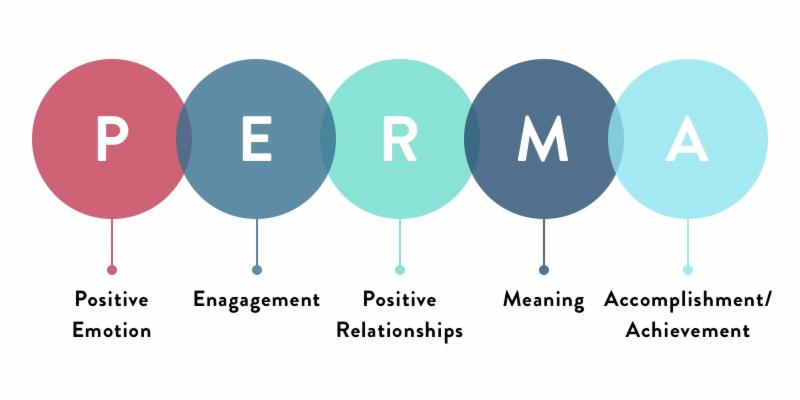What is the best certification or methodology for executive coaching?
Recently I was asked this question by someone who desperately wanted to be certified as an “executive coach.”
Be careful. Here are the facts.
There is not one “best coaching certification or methodology for those who work with executives,” for several reasons.
1. Executive coaching is a new approach with a short history (about 20 years) within psychology (about 100 years). The protocols that would be “certifiable” have not yet been well defined. There is no external board or established practices, as in other professions such as healthcare, finance or law. I often ask, “Who certifies the certifiers?” (And I have been certified by several coaching providers for decades.) One example of certification based on my dissertation research with global professional coaches is here.
2. The coach training industry is estimated at 53,500 global coach practitioners and over $7B in annual revenue, with 115 accredited coach training programs (ICF, 2016). The reality is that coaching certifications and silly acronyms abound. I co-developed one back in 1999, when there were only about 20 ICF accredited coach training programs.
3. There is market confusion about definitions and coaching outcomes. The result is that vendors have responded to the market confusion. A gap exists between theory and practice because executive coaching lacks rigorous measurement, evidence-based protocols and standard processes. The largest organization, the International Coaching Federation (ICF) stated “the top future obstacles for coaching are (a) untrained individuals and (b) marketplace confusion (ICF, 2016).” That survey understates the confusion. Your question illustrates the desire by many to “get certified.”
4. In any marketplace vacuum, competitors emerge. Countless colleges and universities will declare that their certification programs define standards. Be careful. That archaic model presumes that academics know best, and we are increasingly aware of disruption in the marketplace. I like academics. My dissertation explored the competitive advantage of coaching protocols, using global professional coaches. As the “coaching profession” develops momentum, I encourage you to study the practical market demands for coaching protocols. You may want to be cautious. “The top future opportunities for coaching are (a) increased awareness of the benefits of coaching, and (b) credible data on ROI/ROE/outcomes (ICF, 2016)”. In short, we need to define protocols for outcome-based coaching, including useful certification programs.
5. Certification programs exist. I favor the ROI methodology described at the ROI Institute, and a 2-level executive coaching certification process. Last week the co-founder, Patti Phillips, and I discussed certification programs that moved beyond knowledge to practical demonstrations of mastery. She encouraged me to focus on practical applications. (Disclosure: I trademarked the AD-FIT coaching protocol when some F500 clients asked “How do you operationalize what works?” Those details are at Products Archive – Action Learning (https://actionlearnin.wpengine.com/products/) and throughout this website. The fact is that “Many professional consultants or coaches do not adhere to evidence-based protocols (Foster & Auerbach, 2015; MacKie, 2014. Citation sources available upon request.)
6. Organizational clients may design their own executive coaching certification programs. They are cost-effective and foster cultural expectations. (Disclosure: I also serve as an engagement manager and executive coach at CoachSource | Executive Coaching Excellence (http://coachsource.com/), the largest global provider of executive coaching.) Those internal coaching certification programs are customized internally, with expertise from coaches like me, for specific business outcomes that are proprietary.
Bottom line: Certification for executive coaching implies a mature profession with protocols that satisfy a market demand.
If useful, please contact me here. I’d love to discuss your interest in executive coaching certification programs.
All the best, Doug





Recent Comments